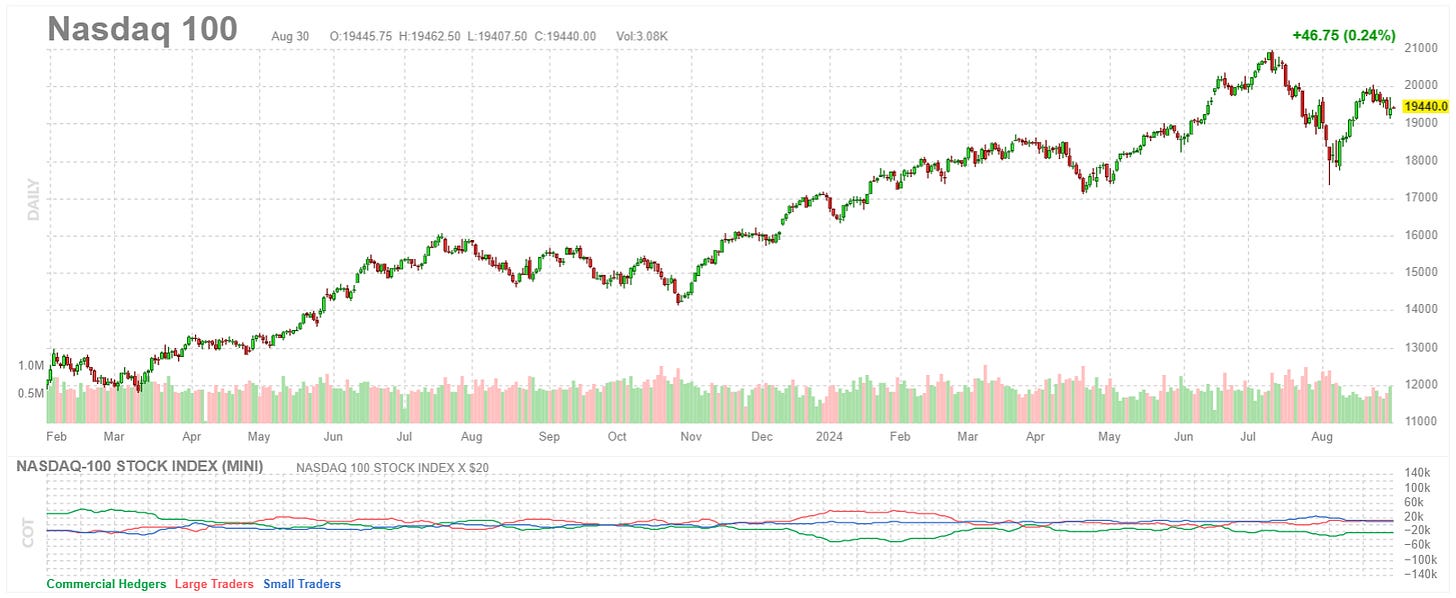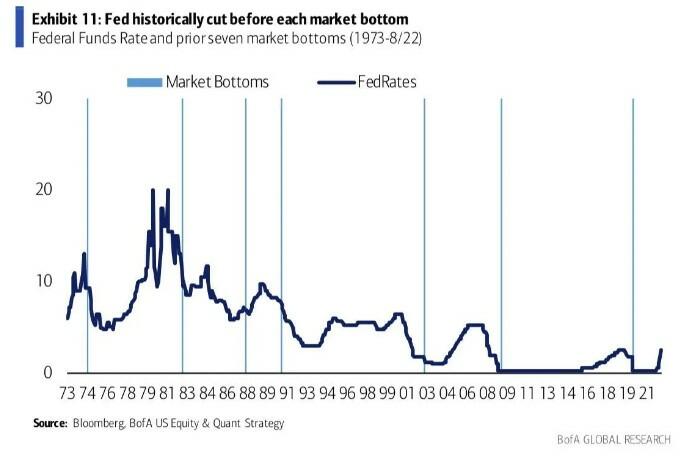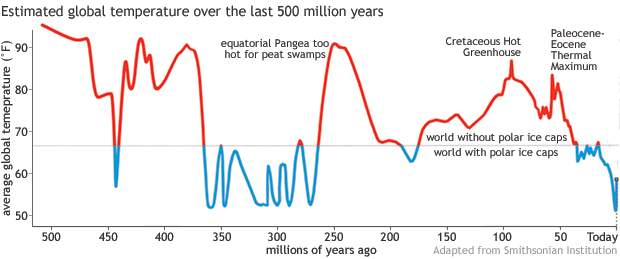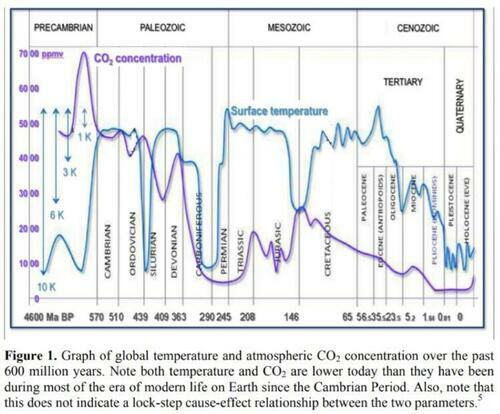by Naveen Athrappully via The Epoch Times (emphasis ours),
The IRS has made little progress in complying with a Treasury Department directive that asked the agency not to target people earning less than $400,000 a year with higher audit rates, according to a recent report by the Treasury Inspector General for Tax Administration (TIGTA).
In August 2022, the Inflation Reduction Act (IRA) granted the IRS almost $80 billion in funding for a 10-year period, an amount that was eventually reduced to $57.8 billion. Out of this, $24 billion is set aside for enforcement activities. The same month, the Treasury secretary issued a directive to the IRS commissioner asking the tax agency not to use the additional IRA funding to boost audits on small businesses or households making less than $400,000 a year.
The Aug. 26 TIGTA report found that the IRS has made only “limited progress” in developing a methodology to comply with the Treasury directive, citing “planning and implementation challenges.”
To comply with the 2022 Treasury directive, the IRS must first establish a historical “base year” audit rate for taxpayers with incomes less than $400,000 with which to compare future compliance.
Both the IRS and the Treasury have selected tax year (TY) 2018 as the base year. However, as of May 2024, the two agencies “have not finalized the methodology to calculate the TY 2018 audit coverage rate for tax returns with TPI [total positive income] under $400,000,” the report notes.
The primary reason that the 2018 audit rate has not been calculated is that both the IRS and the Treasury have been exploring alternatives to the current methodologies for such calculations, the report notes.
The IRS already calculates audit rates based on income categories every year. For instance, for TY 2018, the audit rate for TPI between $200,000 and $500,000 was 0.3 percent.
Officials from the IRS told the TIGTA that the agency is not considering this standard approach for determining audit rates to meet the 2022 directive because it wants the flexibility to audit taxpayers who may purposefully underreport their TPI below $400,000 given that the agency intends to boost audit rates above this level.
Not an ‘Urgent Matter’
In addition, the IRS does not view the issue as an “urgent matter” since the agency believes it has enough time to develop the methodology, the report states.
The 2022 directive will look at audit rates beginning with tax year 2023, which will only be examined in fiscal year [FY] 2025, beginning in October this year.
“The IRS believes it has more time to work with the Treasury Department to finalize the audit coverage rate,” the report states. “However, given the complexity of developing the methodology and that FY 2025 is only a few months away, we believe the IRS needs to expedite the finalization of its plan to comply with the Treasury Secretary’s Directive.
“The IRS was unable to provide TIGTA with a timetable or milestone dates to ensure that it is progressing toward completion. The absence of timetables and milestones increases the risk that the methodology may not be developed in time to ensure compliance with the 2022 Treasury Directive.”
After a draft of the report was submitted to the IRS, the tax agency’s deputy commissioner, Douglas W. O’Donnell, said the IRS remains committed to administering the tax code in line with the Treasury directive.
This commitment is “reflected in the enforcement efforts” undertaken by the agency since the IRA was implemented in 2022, the deputy commissioner said. For instance, the IRS has taken steps to “shift more tax compliance attention to high-income earners, partnerships, large corporations, and abusive promoters,” he stated.
Auditing Below-$400,000 Earnings
In the IRS’s response to the draft TIGTA report, O’Donnell said that the agency “will not increase audit rates relative to historical levels for small businesses and households making under $400,000 per year.” Jonathan Curry, a media relations officer from the IRS, confirmed this stance in an emailed statement to The Epoch Times.
In September last year, the agency said it was shifting attention to “wealthy from working-class taxpayers.”
However, during an October 2023 hearing at Capitol Hill, IRS Commissioner Danny Werfel hinted that audits could rise for this demographic.
During the hearing, Rep. Virginia Foxx (R-N.C.) asked the commissioner whether he was “guaranteeing” that he would “not increase the number of audits of people making less than $400,000 a year.”
Werfel indicated in his reply that while this was his “marching order” to the tax agency, the IRS may not be able to fulfill its promise.
“If we fall short of that, I will be held accountable for it,” he said.
In a November post, Sen. Mike Crapo (R-Idaho) criticized the “ambiguous” stance on the matter. Crapo claimed that the $400,000 level is applicable to total positive income, which includes all incomes earned during a year without accounting for losses.
“This could impact many taxpayers who in reality make far less than $400,000. How would this affect an Idaho small-business owner whose gross sales generate more than $400,000, but after expenses and losses, takes home much less?” he asked.
“The directive also appears to include a marriage penalty, as the $400,000 threshold applies to a single individual, while couples must share it.”
This issue was mentioned in the recent TIGTA report. Couples who make $400,000 in combined income are seen as exceeding the $400,000 threshold for higher audit rates, even though they may each make less than this amount.
“When asked if this would be unfair to those married taxpayers, the IRS stated that the 2022 Treasury Directive made no distinction between married filing jointly and single households, so neither will the IRS,” the report states.
“Further, the IRS mentioned that it would be best to keep the threshold at $400,000 regardless of filing status to make it easier for the IRS to monitor progress moving forward.”
https://www.zerohedge.com/political/irs-lagging-complying-order-not-raise-audit-rates-under-400000-earners-watchdog






